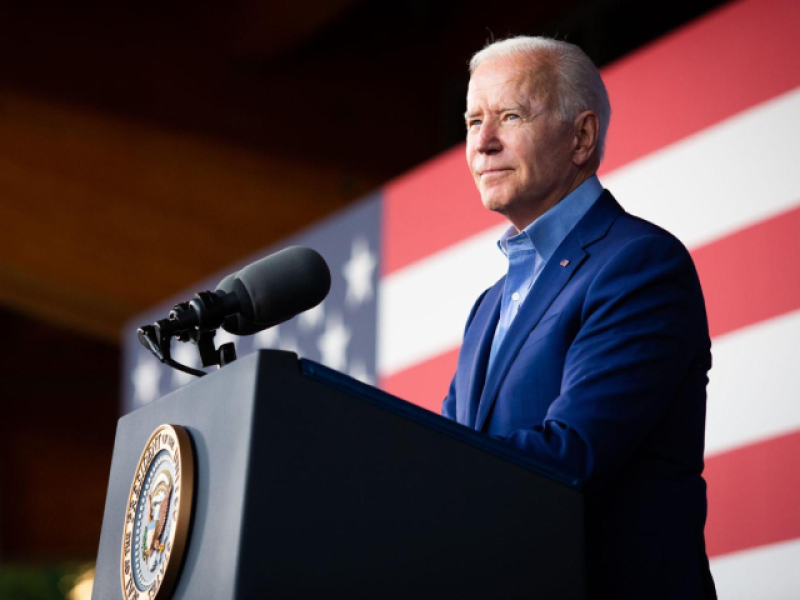
President Joe Biden signed into law two bills last April 8 that would curtail trade with Russia and Belarus due to the invasion of Ukraine while advancing religious freedom worldwide.
JD Supra highlighted that the bills--H.R. 7108 and 6968--were meant to complement previously-released sanctions and trade restrictions against Russia. The said sanctions included the prohibition of Russian imports like gas, oil, spirits, seafood, and non-industrial diamonds, among others.
In particular, H.R. 7108 or the Suspending Normal Trade Relations with Russia and Belarus Act removes the tariff exemptions on Russian and Belarusian products. It also extends Biden's authority to implement sanctions specified in the Global Magnitsky Human Rights Accountability Act. The H.R. 6968 or the Ending Importation of Russian Oil Act, on the other hand, codifies the prohibition of Russian oil, gas, and coal imports.
Alliance Defending Freedom Global Religious Freedom Legal Counsel Sean Nelsonelaborated that the United States Senate reauthorized the Global Magnitsky Human Rights Accountability Act last week by including the suspension of trade with Russia and Belarus in it. Nelson said the reauthorization "makes permanent a landmark piece of legislation used to target gross violators of internationally recognized human rights."
"The act has been a vital tool in advancing religious freedom worldwide. Now that the president has signed it, it should be vigorously enforced, including in relation to the Russian invasion of Ukraine," Nelson said.
Nelson explained that the Global Magnitsky Act was initially passed in 2016 for immigration and financial sanctions. But the law eventually was used to protect human rights and fight corruption, such that it was adopted by the European Union, Canada, the United Kingdom, and Australia.
"Targeted sanctions have the benefit of holding the worst human rights violators accountable for their actions while not being as broad or blunt as country-wide sanctions. Targeted sanctions tell violators they are no longer welcome to do business with the United States. Countries around the world are seeing the benefit of these sanctions," Nelson continued.
According to Nelson, the Global Magnitsky Acts have been used to protect people like the Turkey-based evangelical pastor Andrew Brunson. The Turkish authorities arrested Brunson in 2016 on suspicion of espionage and was detained for a year even without charges. Brunson was released in 2018 after the officials responsible for his detention faced sanctions imposed through the Global Magnitsky Act.
Human Rights First welcomed the permanent reauthorization of the Global Magnitsky Human Rights Accountability Act. Human Rights First Director for Accountability Adam Keith emphasized that the law pushes violators of human rights to face the consequences of their actions.
"Global Magnitsky sanctions are a major innovation that helps ensure perpetrators of the worst abuses face real consequences. Congress and the Biden administration have affirmed that the United States must support accountability for human rights abuses no matter where they occur. We appreciate the leadership of Representative Jim McGovern, Senator Ben Cardin, and Senator Roger Wicker in working to permanently reauthorize this law," Keith said.
While Freedom House Policy and Advocacy Vice President Annie Boyajian raised the timeliness of the reauthorization in line with the war in Ukraine. Boyajian revealed that the Global Magnitsky Act strengthens the American government's ability to respond accordingly to horrors happening in Ukraine and countries experiencing the same. Boyajian expressed hopes of working with the United States Congress to strengthen the law in the same bipartisan fashion it was reauthorized.






















